
2026 Seres Puentes Award and HFE Distinguished Lecture
The 2026 HFE Distinguished Lecture featured Hsinya Huang, Distinguished Professor of American and Comparative Literature at National Sun Yat-sen University (NSYSU), Taiwan. Professor Huang received this year’s Seres Puentes Award during the event. The Spanish phrase Seres Puentes translates to “Bridge-Being” or “Bridge Builder,” and the award—first bestowed in 2005—honors distinguished writers, scholars, and public servants for their work advancing justice and equity and for their service to the humanities on behalf of all living things.

From Sea to Sky
From Sea to Sky is a series of Spring 2026 hybrid panels that seeks to build a collective atmosphere for island and desert studies, a space where desert(/)islands can share the same critical air. Drawing on the framework of “archipelagic thinking,” a concept first discussed by French poet and writer Édouard Glissant (Poétique de la Relation 1990), which foregrounds the relationality of sites and ideas that may appear discrete.
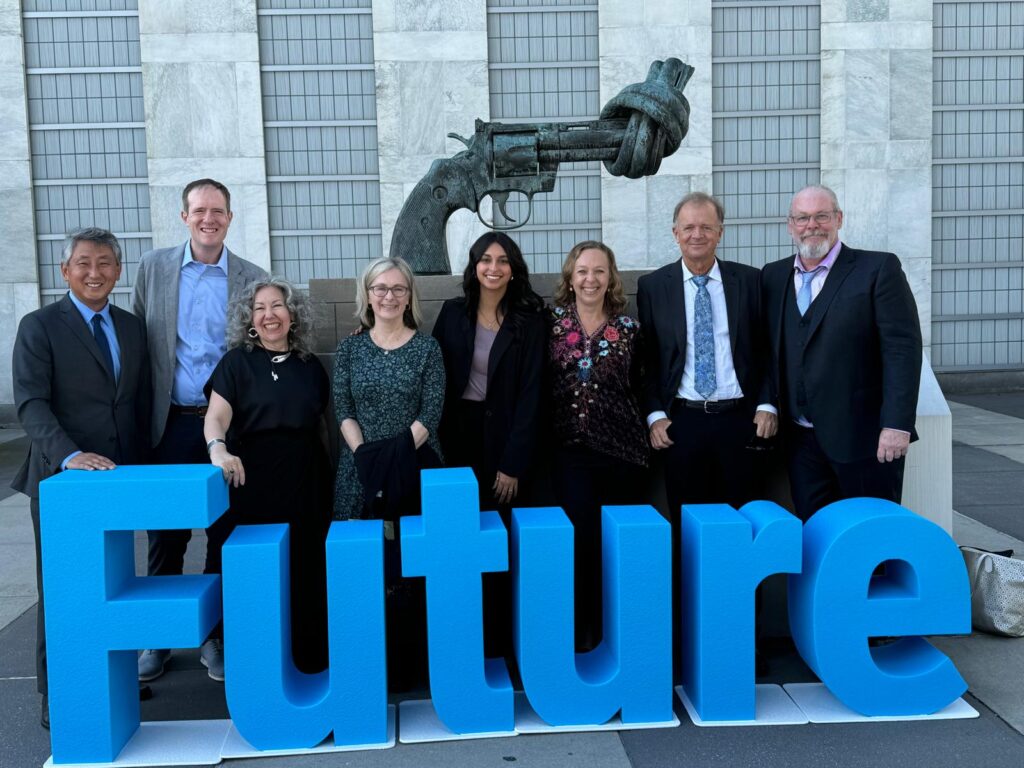
BRIDGES Flagship Hub at Summit of the Future
This high-level session in September, 2024 was co-organized by the ASU UNESCO-BRIDGES Flagship Hub and Center for Science and the Imagination, the UNESCO BRIDGES Sustainability Coalition, twelve partner organizations, and the Ministry of Social Development, South Africa, and the Kingdom of Thailand, our official member-state sponsors. Featured speakers included Kim Stanley Robinson, acclaimed climate fiction author and longtime ASU/CSI collaborator, and Mamphela Ramphele, Honorary President of the Club of Rome, Planetary Guardian, who together illustrated how storytelling—through novels or Ubuntu-informed oral traditions—can empower youth to lead in advancing the Declaration on Future Generations.
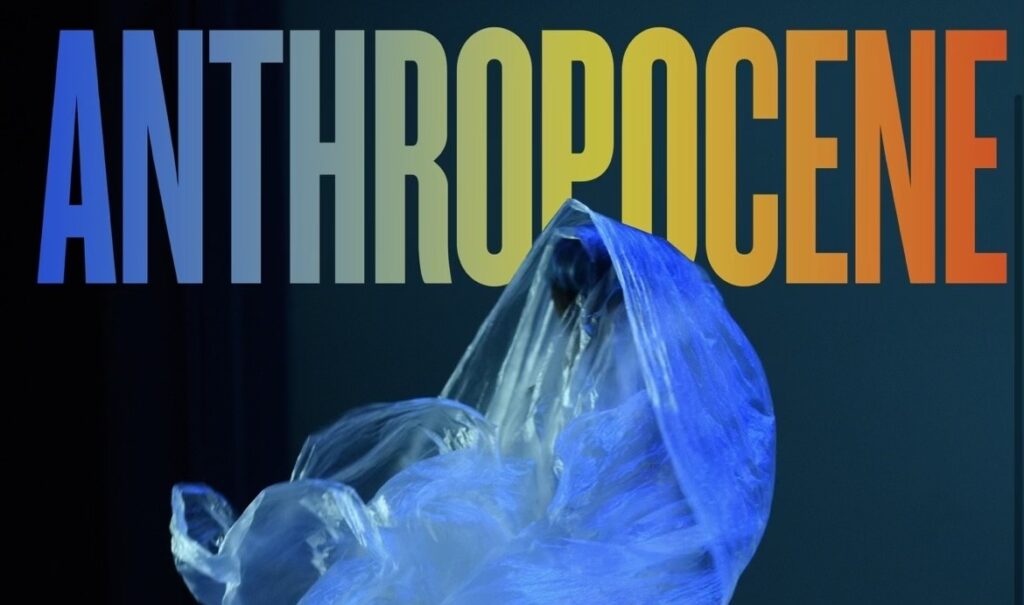
Anthropocene Project
Anthropocene is a high-impact, original physical theatre piece developed over four years through collaborative devising labs led by Rachel Bowditch and Karen Jean Martinson, involving dozens of artists and students. Using non-linear storytelling and a performance vocabulary that resists anthropocentrism, the piece confronts the climate crisis as a symptom of interconnected systems of capitalism, colonization, and environmental imbalance, calling for structural change and a new narrative for our collective future.

Storying Just Futures
Launched in Spring 2025, the Storying Just Futures initiative will culminate in a Spring 2026 “Convergence” event supporting community members, faculty, graduate students, and early career faculty. The Convergence will bring all who participated in the project, including five Storying Just Futures Award winners, together to recount their experiences, retell how they addressed challenges, and anticipate their futures anew. As a still evolving community, we will share what we have achieved, including a collaboratively-composed white paper to be shared at a Spring 2026 UNESCO MOST BRIDGES meeting in Paris, France. At this event, we look forward to showcasing the voices of new generations of students and young adult leaders working to chart alternative pathways in the environmental humanities, climate policy, and just transition.
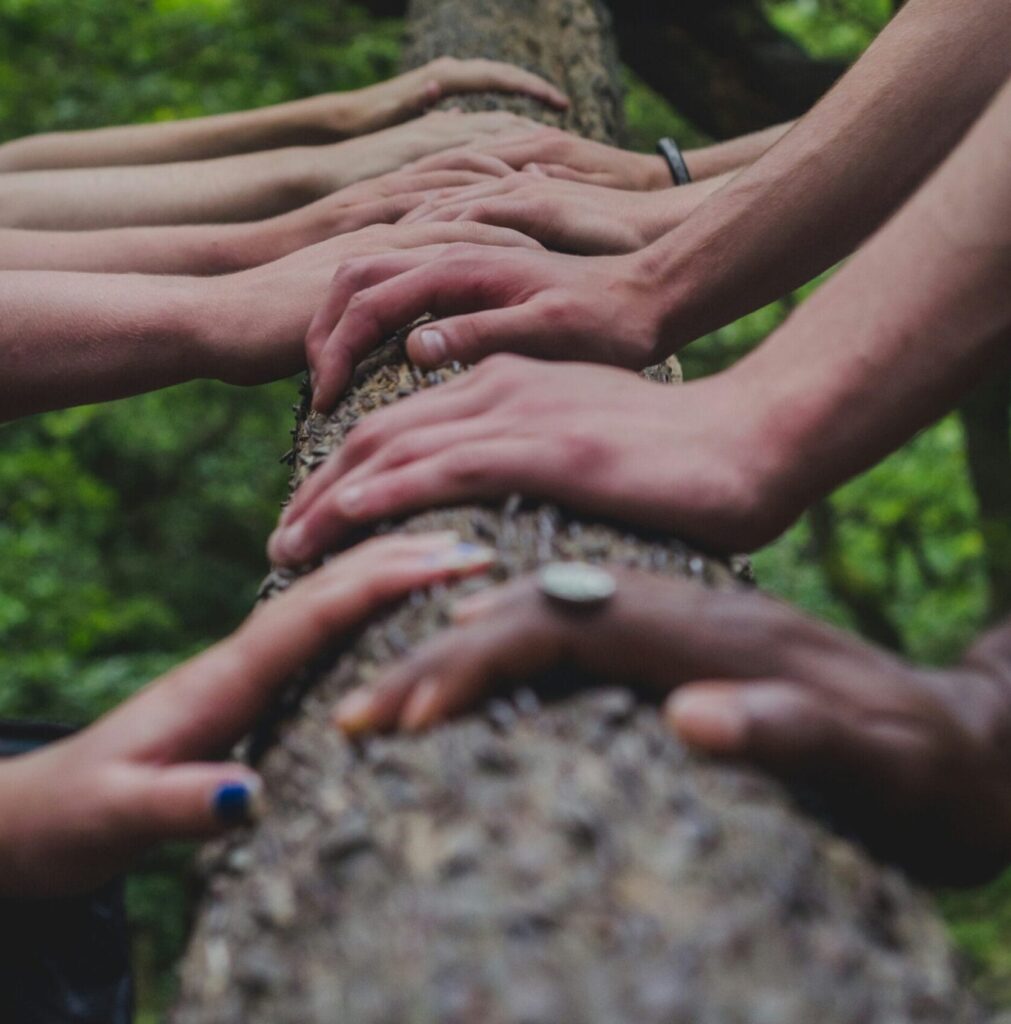
Create the Change
Supported by a President’s Special Initiative grant, Create the Change (CTC) addresses the moral, economic, and cultural challenges to planetary health that evade material or technological solutions, emphasizing the need for engagement from the social sciences and humanities alongside sustainability sciences. Built on four intellectual pillars—countering disinformation, addressing social and environmental justice, embracing alternative knowledge systems, and educating future change agents—CTC supports human sciences-led initiatives over a three-year period to develop an “action and accountability framework” for planetary health.
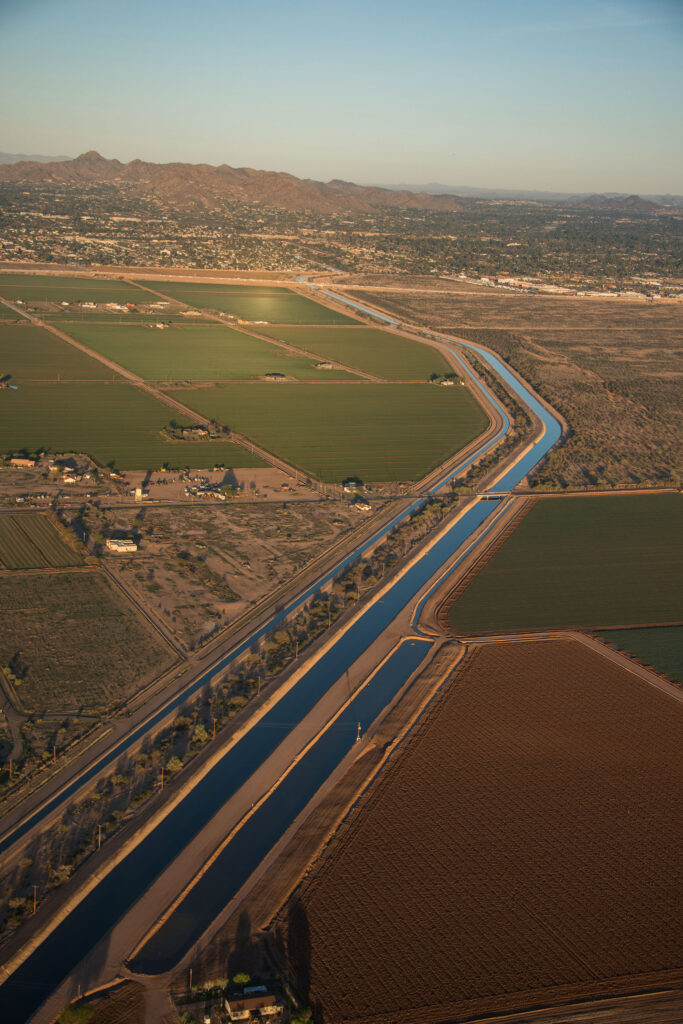
DryLab 2023
Drylab 2023 was a science-art project by Arizona State University where eight students lived in the Mojave Desert under strict water limits to explore sustainable living and cooperative resource governance. Inspired by Elinor Ostrom’s work, the project fostered collaboration, equity, and environmental consciousness amid resource scarcity.
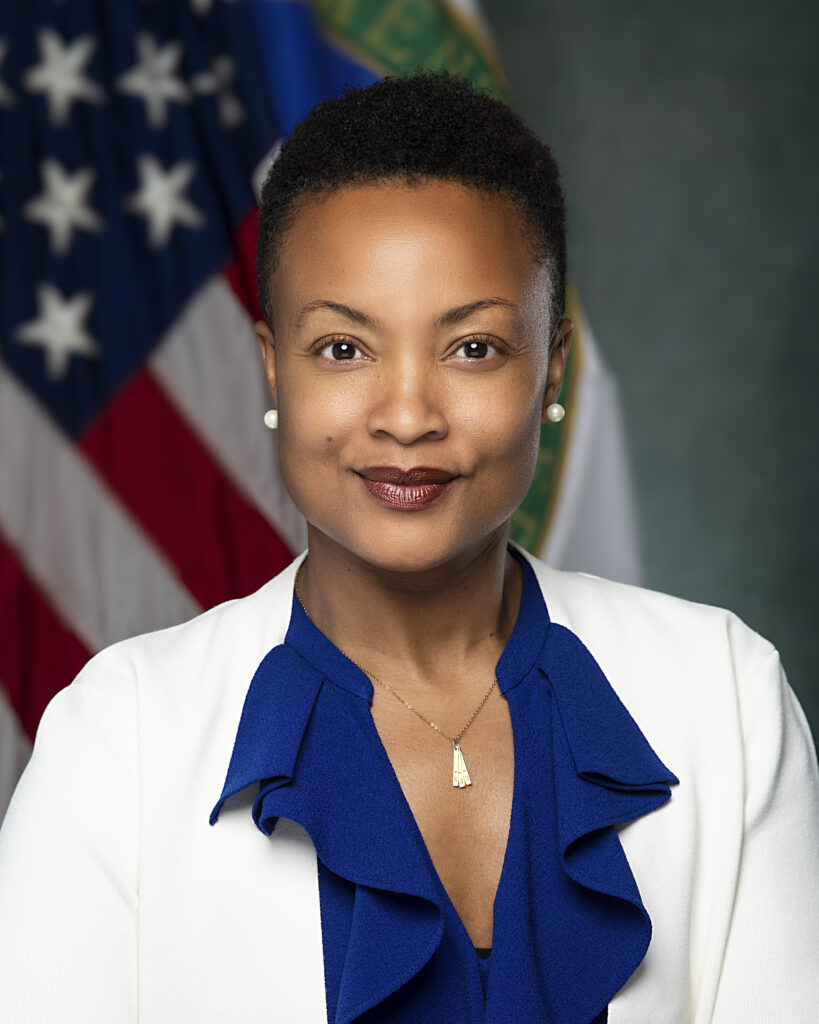
Leveraging Decarbonization for Community Benefits Planning Symposium
At the symposium, participants stressed the importance of leveraging local knowledge and cultural context to tailor decarbonization efforts to meet the unique needs of each community. Several presenters explored how the integration of humanists and the humanities plays a crucial role in creating a more equitable and sustainable energy future by anticipating and addressing potential ethical, social, and historical disadvantages that might otherwise be overlooked.
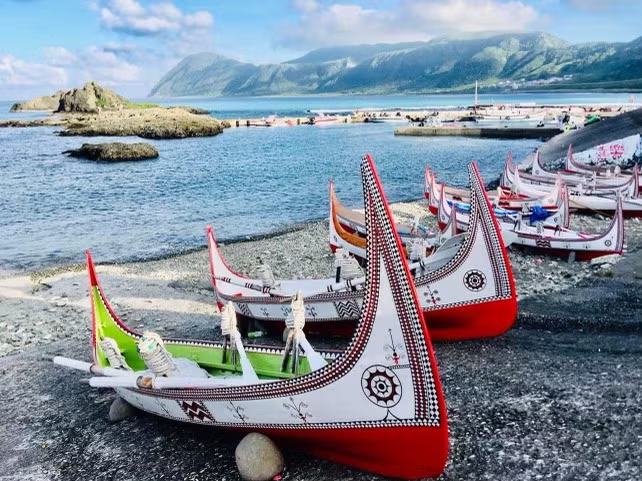
Indigeneity in the Oceanic Commons: Reclaiming Relations from Taiwan to Hawai’i
This event brought together diverse Indigenous elders, poets, writers and scholars together with environmental humanists to reassess what it means to care for ocean commons. Participants explored how the commons are conceptualized from the perspectives of Indigenous Taiwan in relation to other Pacific island nations and oceanic cultures — whether it be terrestrial, aquatic, atmospheric or sociocultural.
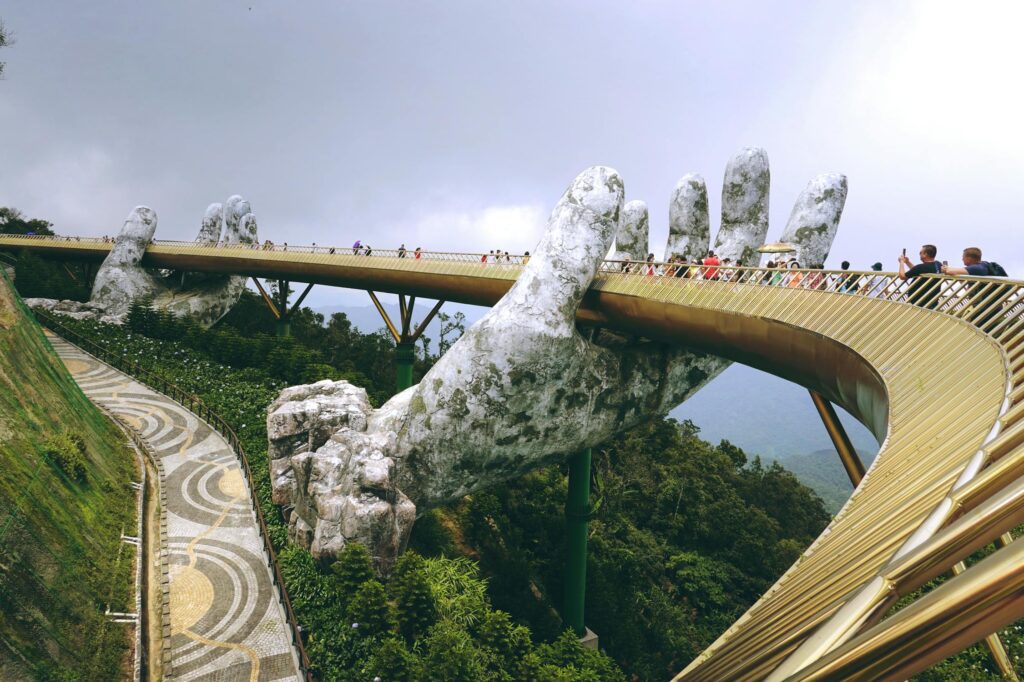
UNESCO-BRIDGES Flagship Series of Humanities Labs
The UNESCO BRIDGES Series of Humanities Labs is a partnership with ASU’s Award-winning Humanities Lab. These innovative Labs are considered the “signature project” of the BRIDGES Flagship Hub. Humanities Labs in the BRIDGES series focus closely on two or three United Nations’s Sustainable Development Goals (SDGs). They engage students in interdisciplinary collaboration, research, storytelling, and community-facing projects. By exploring themes such as ocean storytelling, planetary citizenship, energy justice, and gender equity, these labs empower students to get involved in United Nations-level decision-making, innovation, technology, and science, as they also foreground the meaningful and significant contributions of the humanities in the creation of just, inclusive futures.